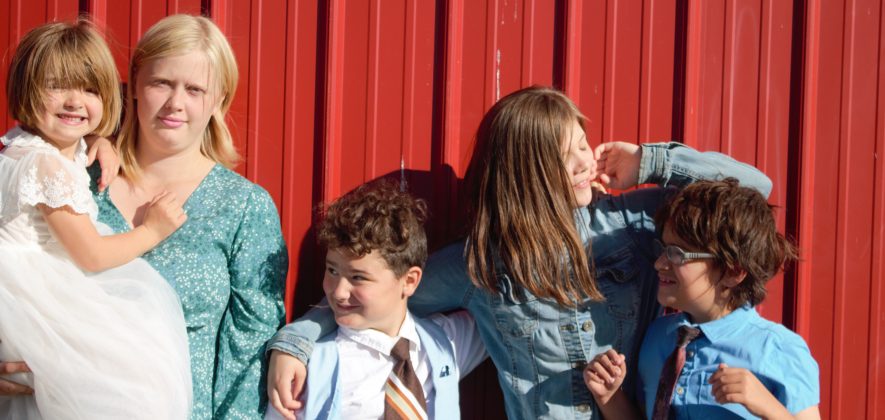Though I will try to circumvent the terms exclusive to this industry, in case I don’t here’s a glossary:
foster care – When a family becomes involved with a Children’s Aid Society (or child protective services/family and child services), the Society makes every effort to keep children in their own home. However, if the safety and well-being of a child is at risk, a child may need to come into the care of Children’s Aid. Most often, the child will reside with foster parents in a foster home.
CAS – children’s aid society
care = foster care
foster parents – provide day-to-day care for children, including supervision, guidance and affection. Children may be in care for a few days, months, or even years depending on the situation.
placement – a child in foster care. eg: ‘I have a new placement’ = I have a new foster child
social worker – CAS employee assigned to a child or sibling group. They, as an extension of CAS, have final say in what happens with a child, while being bound by court rulings.
private agency – a privately run organization contracted by CAS to care for foster children. This growing industry is fueled by the special needs and challenging behaviours that often characterize children in care. Foster parents working for CAS directly are expected to financially support themselves outside of fostering. They’re provided with a small per diem meant to cover the child’s expenses. Private agencies offer a larger per diem since fostering is to be the primary focus of at least one parent (when a couple is involved)
therapeutic/treatment care – the type of concentrated care offered through private agencies
case manager/worker – employee of private foster agency assigned to represent me as a foster parent
worker – social or case worker
sib group – a group of siblings
Fetal Alcohol Syndrome/Spectrum (FAS) – brain damage caused by exposure to alcohol in the womb.
Symptoms include
- developmental delay
- organ dysfunction
- facial abnormalities, including smaller eye openings, flattened cheekbones, and indistinct philtrum (an underdeveloped groove between the nose and the upper lip)
- epilepsy
- poor coordination/fine motor skills
- poor socialization skills, such as difficulty building and maintaining friendships and relating to groups
- lack of imagination or curiosity
- learning difficulties, including poor memory, inability to understand concepts such as time and money, poor language comprehension, poor problem-solving skills
- behavioral problems, including hyperactivity, inability to concentrate, social withdrawal, stubbornness, impulsiveness, and anxiety

Pingback: the story « misseves